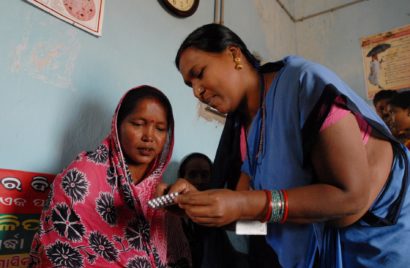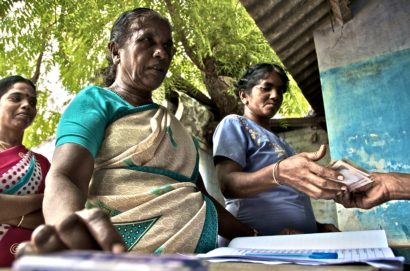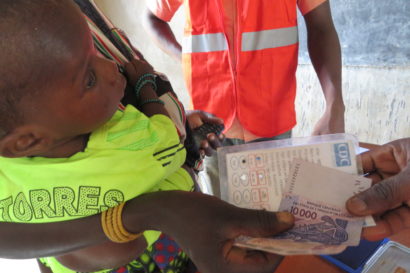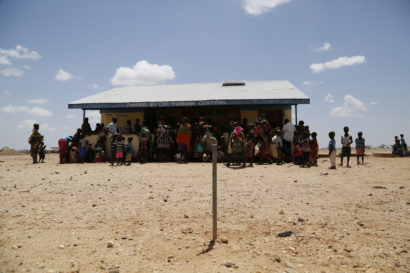Helpdesk Reports
This report is a general overview of lessons learned about delivery mechanisms from school health programmes. Results are ordered by type of educational institution (primary, secondary, tertiary i.e. representing different age groups and needs), where available. Evidence on school health programmes is stronger for developed/higher income countries than low and middle income/developing countries. Limited information… Read more
This report focuses on the evidence on the health, economic and other benefits of investing in family planning. Family planning allows people to attain their desired number of children and determine the spacing of pregnancies. It is achieved through use of contraceptive methods and the treatment of infertility (WHO 2015). A large and growing body… Read more
This report looks at the evidence available on effective behaviour change communication for increasing the uptake of family planning methods. It provides information on several different methods. Studies indicate that if a woman has been given advice to adopt postpartum contraception three or more times, the couple are more likely to have adopted a method…. Read more
Violence against children is a global problem. It includes physical violence, psychological violence such as insults and humiliation, discrimination, neglect and maltreatment. It has short- and long-term repercussions that are often grave and damaging for children (Pinheiro 2006). Bullying, gender-based violence, accidental violence, discrimination and violence, sexual assault or harassment, physical violence and psychological violence,… Read more
The literature suggests that the effects of social protection initiatives such as cash transfers and vouchers on social cohesion are positive, but there is very little empirical evidence to back this. This review found no research comparing cash transfers and vouchers from the perspective of social cohesion. However, experience of cash transfers in developing countries,… Read more
There are various risks – notably theft, diversion, corruption, security, targeting, misuse by beneficiaries, inflationary effects – associated with cash transfer programmes in fragile contexts. However, the literature indicates that – while different – these are not any greater than those associated with other forms of aid, e.g. vouchers or in-kind goods, and could even… Read more
Households and individuals make decisions every day that directly impact on their health and nutrition outcomes, which are influenced by many factors, including social norms, myths and misinformation, impulsivity and procrastination, and the country context they live in (Ashton et al, 2015, p. 7; Luoto, 2017, p. 1). Behavioural economics/insights can help explain this decision… Read more
This report focuses on providing global examples of how anthropological evidence and insights on health-related matters have been utilised in programmes and innovations. It also considers lessons learned and has a section focusing on socially conservative settings. Section 2 focuses on providing examples of how anthropology has been used, particularly focusing on the Ebola epidemic… Read more
This rapid literature review assesses the evidence on the benefits of business being allowed to operate across borders within Africa for farmers; consumers; national economies, and donors. The evidence for promoting effective trade and access of food across borders within Africa is optimistic. Data for this report was taken from available for supra-national and regional… Read more
Several behaviour-change communication (BCC) approaches have been effective in changing health-related behaviours, as well as increasing the demand for appropriate health services. However, limitations have been found in these approaches to varying degrees. As in the first part of this query (part one), results for this review are primarily taken from countries or regions with… Read more
The literature uncovered by this rapid review regarding the effectiveness of behaviour-change communication (BCC) states that certain approaches and tools can and do succeed in improving maternal dietary practices, breastfeeding, as well as complementary feeding when used in health and nutrition programmes. These approaches also influence maternal and child health behaviours in socially-conservative settings which… Read more









